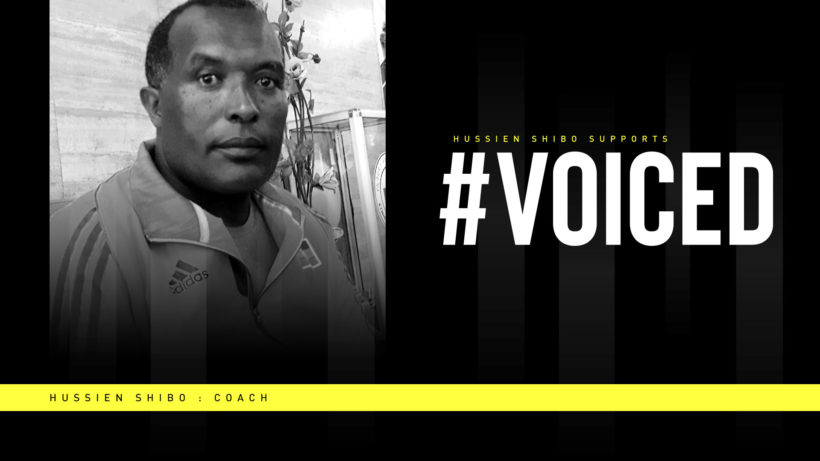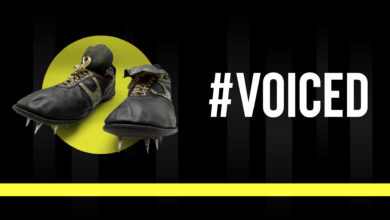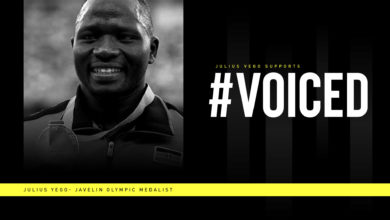Country: Ethiopia
Profession: Coach
Nicknamed “The Medals Predator” due to his unmatched success in athletics, Hussein Shibo is Ethiopia’s most decorated track coach. In his three decades long athletics coaching career, Hussein managed the Ethiopian Track team for five Olympic Games (and he is on his way for a sixth at Tokyo 2021), six All Africa Games and ten World Championships – and in total has coached athletes that have brought Ethiopia more than 370 medals.
A former athlete himself, he is known for his strict, disciplined approach due to his paramilitary background. He is also a high ranked security official (Commander) at the Ethiopian Prisons Office.
How would you define success?
I believe success means being an example to others in everything you do. It requires dedication, education and a bit of luck. In that regard I am both lucky and successful, having coached some of world’s best athletes such as Haile Gebresilassie, Kenenisa Bekele, Tirunesh Dibaba and Selemon Barega; leading my country in the international athletics arena, winning medals and making my people happy. I also believe I am an example to many other coaches.
You have been a coach for over 3 decades and continue to produce great results. What would you say has contributed to your success?
The first thing I mention regarding my success is my passion for athletics. I have a great deal of love for the sport and coaching, and don’t have a better friend or family than athletics. I do my job irrespective of time, am always on the field, be it on weekends or holidays, because for me, coaching always comes first.
Nevertheless, passion alone will not bring you any success. You need to educate and evolve yourself with contemporary coaching, you need to know your athletes very well and have to learn to work as a team.
You had to give up your own athletic aspirations when your running club administrators appointed you as coach. What were your first thoughts when you were appointed?
I thought my athletics career was finished and felt very sad, because I didn’t have any interest in being a coach at that moment and was not prepared to be a coach. I remember that I even left Addis Ababa to go back to Arsi, where I was born, for three months to get a driving license and to became a driver. But my colleagues convinced me to take up coaching at the age of 25.
Well, when I think about it now, I always feel ashamed of myself for not listening the administrators immediately, and I have no words to thank them for seeing the best in me before anyone else!
What has been your most memorable and most challenging moment in your work as a coach?
Barcelona 92’ Olympic Games is one of the best moments for me. Even though I wasn’t able to travel with the team, that was the first international event where my mate and new trainee Derartu Tulu became the first black African to win a gold medal at the Olympic Games.
Generally, I have a very good memories about my whole career, although of course you do have some personal up and downs during the journey.
What characteristics do you see in great athletes that separates them from average athletes?
Great athletes are always hungry for more success. They train, eat and rest according to their schedule. They respect the sport, the coach and fellow athletes. They are also not satisfied with their previous success; instead, they are always looking for their next challenge. The average athletes are the exact opposite of this, plus they look for excuses for their failures.
What do you know now that you wish you knew when you started your coaching career?
Scientific coaching method is my simple answer. I wish I knew this during my earlier coaching days. Now science is playing a crucial role in nurturing and maintaining talent, and you need to prepare a tailor-made training, nutrition and competition schedule for every athlete you are coaching. Everything is measured now.
However, it was totally different thirty years ago. You will coach 70 or 80 athletes, they might be upcoming or old, but you simply let them run together for a certain number of kilometres, be it on a period of preparation, competition or recovery. I wish that the current way of coaching was introduced earlier.
(Image credit: Liyu Sport)


